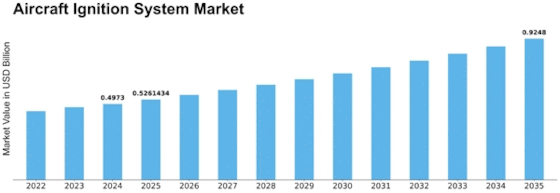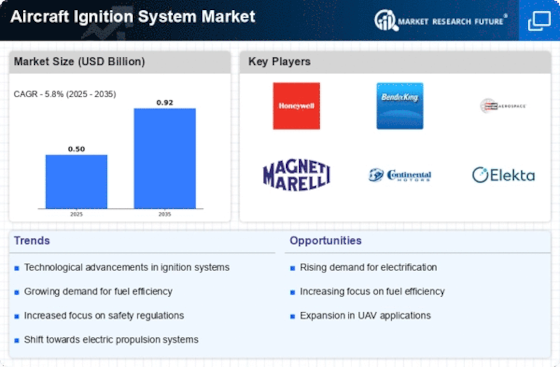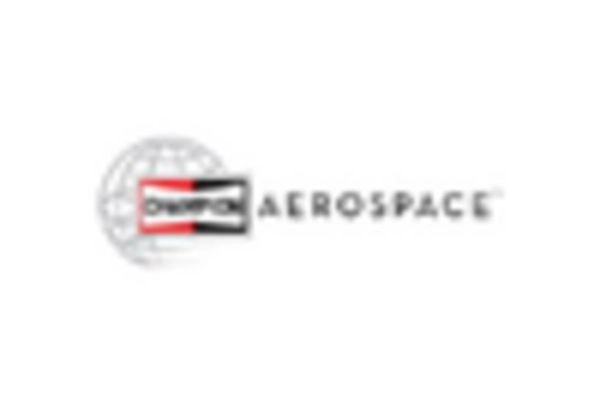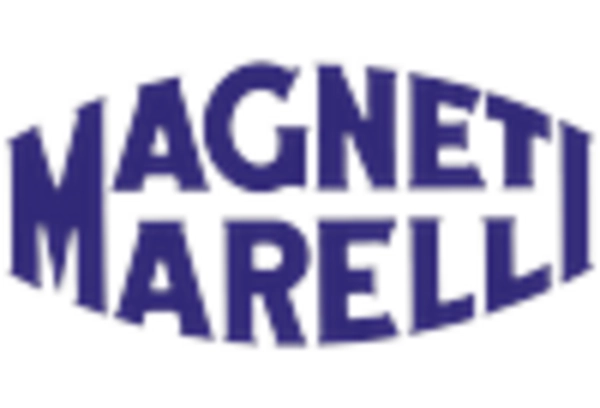Aircraft Ignition System Size
Aircraft Ignition System Market Growth Projections and Opportunities
The aircraft ignition system market is influenced by various factors that collectively shape its dynamics and growth trajectory. Firstly, the global demand for air travel and the expansion of the aviation industry drive the need for reliable and efficient ignition systems in aircraft. As air traffic continues to grow and airlines expand their fleets, there is a corresponding increase in the demand for ignition systems that can ensure smooth engine ignition and operation, contributing to the overall safety and reliability of aircraft operations.
Secondly, technological advancements and innovations play a pivotal role in driving the evolution of the aircraft ignition system market. With ongoing research and development efforts, manufacturers are constantly improving ignition system designs, materials, and components to enhance performance, durability, and efficiency. Advancements such as electronic ignition systems, high-energy ignition coils, and advanced spark plug designs offer benefits such as improved fuel efficiency, reduced emissions, and enhanced engine performance, driving adoption and demand in the market.
Furthermore, regulatory standards and certification requirements significantly influence the aircraft ignition system market. Aviation authorities, such as the Federal Aviation Administration (FAA) and the European Aviation Safety Agency (EASA), impose stringent regulations and airworthiness standards on aircraft components, including ignition systems, to ensure safety and compliance with aviation regulations. Ignition system manufacturers must adhere to these standards and obtain certifications to market their products to aircraft manufacturers and operators, driving quality assurance and standardization in the market.
Moreover, market trends in the aviation industry impact the demand for aircraft ignition systems. With the increasing focus on fuel efficiency, environmental sustainability, and operational reliability, there is a growing demand for ignition systems that can optimize engine performance and minimize emissions. Aircraft operators seek ignition solutions that can improve engine starting reliability, reduce fuel consumption, and enhance overall operational efficiency, driving demand for advanced ignition system technologies in the market.
Additionally, economic factors such as airline profitability, fleet expansion plans, and maintenance budgets influence the aircraft ignition system market. Airlines evaluate the total cost of ownership, reliability, and performance when selecting ignition systems for their aircraft fleets, weighing the benefits of improved efficiency and operational reliability against the initial investment costs. Economic conditions, market competition, and industry trends also impact purchasing decisions and demand for ignition system upgrades and replacements in the aftermarket segment of the market.
Furthermore, technological convergence and integration drive innovation and growth in the aircraft ignition system market. Advancements in sensor technology, digital control systems, and engine management software enable the integration of ignition systems with broader aircraft systems and networks, enhancing performance, reliability, and safety. Ignition system manufacturers collaborate with aircraft OEMs and system integrators to develop integrated solutions that meet the evolving needs of aircraft manufacturers and operators and support the modernization of aircraft propulsion systems worldwide.



















Leave a Comment